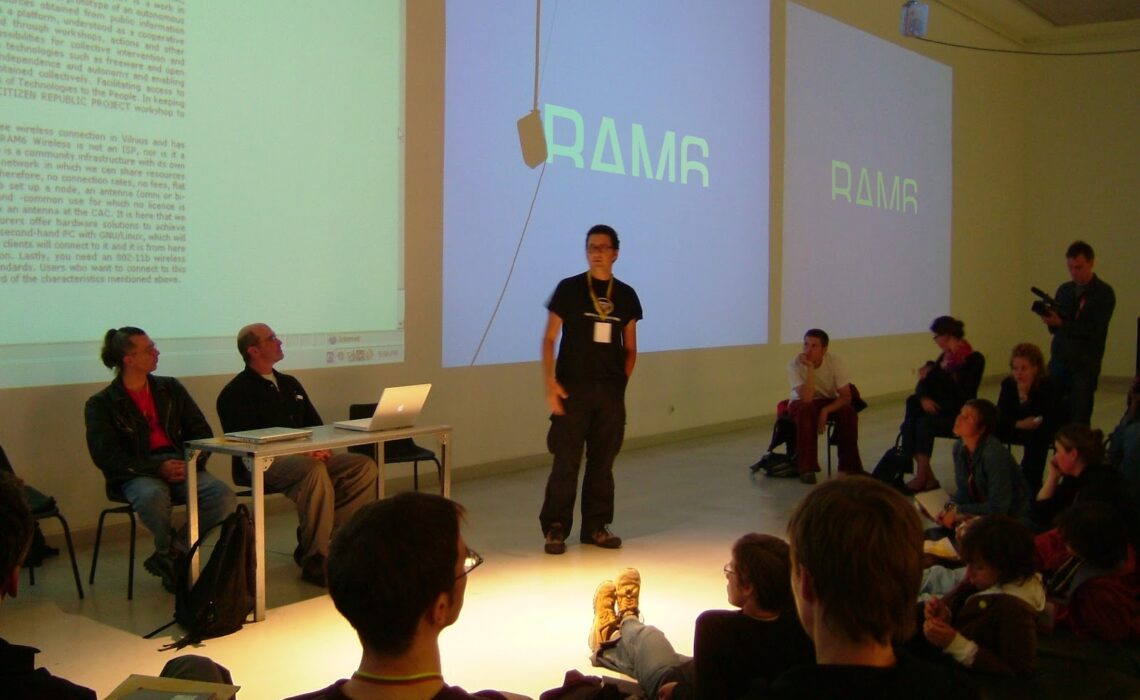
The development of virtual reality (VR) technology in recent years has been astounding, revolutionizing numerous industries and sectors.
In Paraguay, improving social interaction and empowering deaf people is one area where VR has had a significant positive impact.
Virtual reality has created new opportunities for communication, education, and social inclusion for the deaf community by offering immersive and accessible experiences.
This article examines the advantages of virtual reality in Paraguay, emphasizing its potential to improve communication and give the deaf more agency.
Breaking Barriers to Communication
The communication barrier is one of the most difficult issues that deaf people must deal with.
Traditional means of communication, like written text or sign language, have drawbacks and might not always be available.
Real-time visual and gestural communication is made possible by virtual reality, which provides a creative solution.
Deaf people can participate in natural, immersive conversations using avatars and motion tracking, which gives them more freedom to express themselves and communicate effectively.
Virtual Reality for Language Acquisition
For those who are deaf, learning a language can be a challenging process.
A special platform for immersive language learning is provided by virtual reality.
Deaf people can practice and hone their signing skills in a virtual setting with VR applications made specifically for learning sign language.
By simulating real-world situations like conversations and storytelling, these applications help users become more comfortable and proficient in sign language.
Accessible Education and Training
The environment of education and training for the deaf in Paraguay has changed thanks to virtual reality.
Students who are deaf can participate in interactive, visually stimulating learning activities with the help of VR-enabled educational content.
Through active participation, interaction with peers and teachers, and exploration of three-dimensional models and simulations, virtual classrooms offer a collaborative setting for learning.
With the help of this technology, deaf students no longer face obstacles in traditional classrooms that hinder their ability to learn and succeed in school.
Enhancing Personal Development
Virtual reality has the potential to improve the self-esteem and personal growth of deaf people.
Through VR simulations, deaf people can take part in a variety of situations that might otherwise be difficult or inaccessible.
For instance, online job interviews can offer deaf people a secure setting to hone and polish their interviewing techniques, ultimately boosting their employability.
Similar to how real-world social interactions can help people feel more confident and less anxious, virtual social interactions can help deaf people feel more at ease in real-world social situations.
Fostering Social Inclusion
The deaf community struggles with significant issues like social exclusion and isolation.
Through its promotion of social inclusion, virtual reality has the potential to close this gap.
Without regard to physical constraints, deaf people can participate in social activities, connect with others, and attend events and gatherings thanks to VR platforms and applications.
Virtual reality settings can replicate real-world events like performances, exhibits, or group activities, giving deaf people a sense of inclusion and equal participation.
Raising Awareness and Empathy
Additionally, virtual reality can be a significant tool for fostering understanding and compassion for the deaf community.
Through immersive experiences, virtual reality (VR) can give sighted people a glimpse into the difficulties faced by deaf people, fostering a greater appreciation and understanding of their experiences.
Virtual reality simulations can simulate hearing loss, allowing people to personally experience communication challenges and inspiring them to support accessibility and inclusivity.
Enhancing Accessibility in Entertainment and Media
For Paraguayan deaf people, virtual reality has the potential to improve accessibility in the entertainment and media sector.
With subtitles or sign language interpretation built right into the virtual world, deaf people can enjoy immersive experiences in movies, TV shows, and games through VR platforms.
As a result, the entertainment options available to deaf people are increased, and equal access to cultural experiences is promoted.
This guarantees that deaf people can fully engage with and appreciate the content.
Facilitating Rehabilitation and Therapy
In the field of therapy and rehabilitation for the deaf, virtual reality has proven to be an invaluable tool.
It can be applied to simulate real-world situations to assist people in overcoming balance, coordination, and spatial awareness difficulties.
Additionally, by giving visual cues and interactive exercises to help those with speech impairments improve their articulation and pronunciation, VR applications can be used in speech therapy.
Promoting Career Opportunities in VR Development
With the development of virtual reality technology, there are now more opportunities for work in design, development, and programming.
Paraguay can enable deaf people to pursue careers in this quickly expanding industry by encouraging interest and skill development in VR within the deaf community.
This not only encourages inclusivity in the tech sector but also guarantees that the technology will continue to be created with accessibility in mind.
Collaboration and International Connection
For those who are deaf in Paraguay, virtual reality can help with collaboration and global connections.
Deaf people can collaborate remotely, attend conferences around the world, and take part in international projects thanks to VR platforms and applications.
This eliminates geographic limitations. This encourages a sense of community at a global level and increases chances for networking, knowledge sharing, and career advancement.
Conclusion
The introduction of virtual reality has significantly improved social interaction and given deaf people in Paraguay more power.
Virtual reality technology has created new opportunities for deaf people to thrive and actively participate in many facets of life by removing barriers to communication, promoting language acquisition, and offering accessible education and training. It is essential to take advantage of technology’s potential to promote social inclusion, increase awareness, and give the deaf community in Paraguay and elsewhere more power as it continues to advance.
For those who are looking for additional support, Unspoken Language Services offers interpreting services to help bridge the communication gap between the deaf and hearing communities.
Thumbnail Photo Credit to: Photo by Technologies To The People

